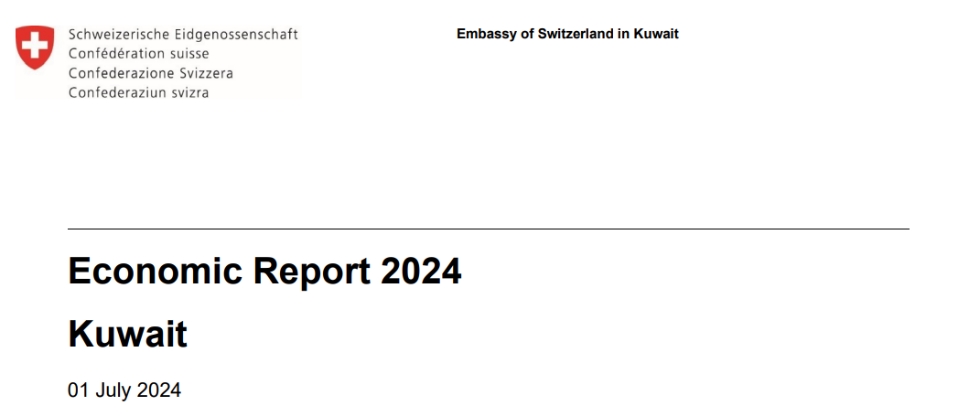Kuwait stands at a significant juncture in its economic evolution, with its future prospects framed by both its deep-rooted oil industry and ambitious diversification efforts. As one of the world’s most oil-dependent nations, Kuwait’s economic structure is heavily influenced by its oil sector. This dependence presents both challenges and opportunities as the country navigates its path toward a more balanced and sustainable economy.
Kuwait Economic Report 2024 – A Foundation Built on Oil
Kuwait’s economy has long been synonymous with oil. The country is one of the leading producers within the Organization of the Petroleum Exporting Countries (OPEC) and holds substantial oil reserves, ensuring a stable supply for years to come. These reserves not only secure Kuwait’s position in the global energy market but also provide a robust foundation for its economic future. The Kuwaiti government has wisely managed its oil revenues through the Kuwait Investment Authority (KIA), which oversees the assets of the Kuwait Sovereign Wealth Fund (KSW). Established in 1953, the KIA is notable for being the oldest sovereign wealth fund globally and ranks fifth in the world by asset size, exceeding USD 1 trillion.
The KIA’s diversified investment strategy includes significant stakes in key global infrastructure projects such as ports, airports, and power distribution systems. This approach helps to stabilize Kuwait’s economy against the volatility of oil prices and provides a solid base for long-term growth and financial stability.
Embracing Economic Diversification
While Kuwait’s oil wealth has been a cornerstone of its prosperity, the country recognizes the importance of reducing its economic dependency on this single resource. The heavy reliance on oil revenue has long been acknowledged as a vulnerability, especially in the face of fluctuating global oil prices. To address this, Kuwait has embarked on a journey to diversify its economy and reduce its reliance on oil. The country’s strategic vision includes expanding its non-oil sectors, enhancing public sector efficiency, and fostering new economic activities.
The government has made significant strides in this direction, although progress has been met with some resistance due to political and social factors. The recent dissolution of Parliament by the Amir of Kuwait in May 2024 is seen as a proactive step to overcome the political deadlock and advance essential reforms. This move aims to pave the way for substantial changes in governance and economic policies, marking what many observers are calling a “New Era” for Kuwait.
Opportunities Ahead
Despite the challenges associated with oil dependency, Kuwait’s ongoing reforms and diversification efforts present numerous opportunities for growth and development. The country’s strategic initiatives are designed to create a more sustainable and resilient economy, with a focus on enhancing governance, investing in infrastructure, and fostering new industries.
Partnerships with other countries, such as Switzerland, which has a strong track record in key sectors and longstanding ties with Kuwait, are likely to play a crucial role in this transformative period. Such collaborations can provide valuable expertise and support for Kuwait’s diversification goals, helping to unlock new avenues for economic growth and development.
Kuwait is navigating a period of significant change, driven by its commitment to economic diversification and sustainable growth. With a solid foundation in its oil industry and a forward-looking approach to reform, the country is well-positioned to embrace new opportunities and secure a prosperous future.
For more detailed insights, you can download the full Economic Report for 2024 here:
